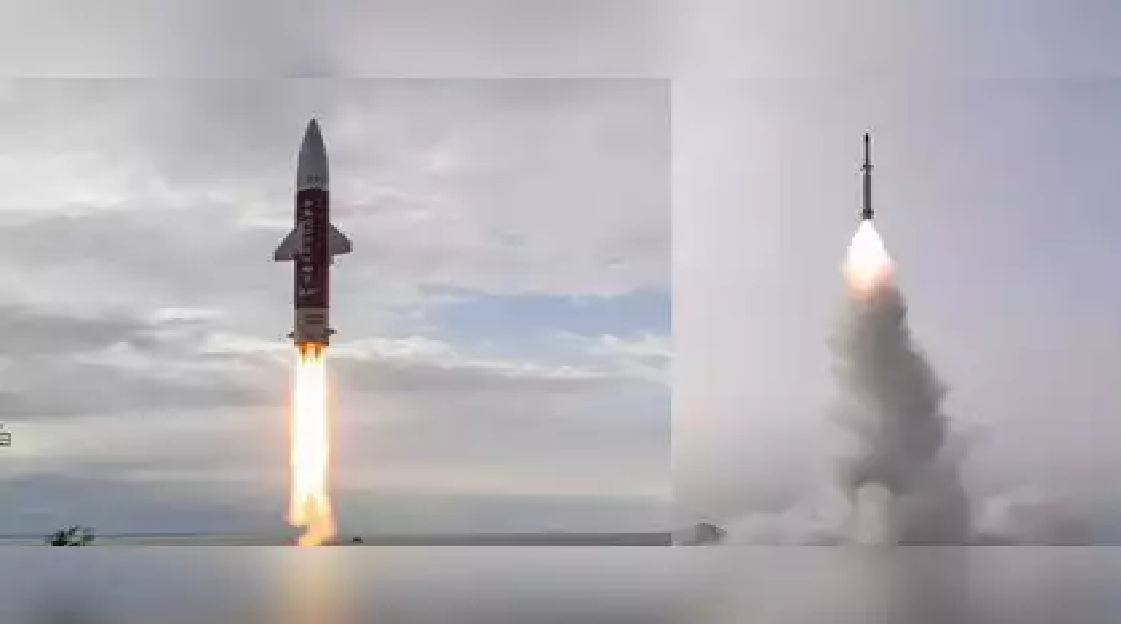Two European intelligence sources have informed that Russia is set to receive a large shipment of satellite-guided weaponry from Iran, intended for use in the ongoing conflict in Ukraine. The sources also revealed that numerous Russian military personnel are currently being trained in Iran to operate the Fath-360 close-range ballistic missile system.
The Ababil ballistic missile system, including the Fath-360, was developed by Iran’s Aerospace Industries Organization (AIO). Intelligence officials, speaking anonymously, stated that a contract for these systems was signed between Russian defense ministry representatives and Iran on December 13 in Tehran. The sources added that Russian soldiers are undergoing training in Iran to use the Fath-360, which has a range of up to 120 km (75 miles) and carries a 150 kg warhead. The next step would be the delivery of these missiles to Russia.
Despite having its own stockpile of ballistic missiles, Russia’s acquisition of the Fath-360 would allow it to allocate its existing missiles to more distant targets while using Iranian missiles for nearer ones. A military expert suggested this could be a strategic move.
Iran has stated that it has refrained from sending any weapons that might be used in the Ukraine conflict. The Iranian permanent mission to the UN reiterated this position and mentioned a strategic military collaboration with Russia.
The White House has not confirmed whether Iran is preparing to transfer these weapons to Russia. A third intelligence source confirmed Russian soldiers’ training in Iran, describing it as a standard procedure for Iranian weaponry transfers.
An Iranian official, who requested anonymity, stated that while Iran has sent drones and missiles to Russia, no Fath-360 missiles have been delivered. This official claimed that the usage of purchased equipment is a matter for the individual countries.
Iran’s military support to Russia so far has included Shahed attack drones, which are less advanced compared to ballistic missiles. According to a report from July 2023, Iran’s IRGC Ground Force tested a new training system for the Fath-360.
Justin Bronk from the Royal United Services Institute noted that large numbers of short-range ballistic missiles from Iran could put additional strain on Ukraine’s already stretched missile defense systems. These systems, such as the European SAMP/T and the US-made Patriot, are the only ones capable of intercepting such threats effectively.
The Ukrainian Ministry of Defense has not commented on the situation. The G7 leaders have expressed concern about the potential missile transfer, warning of possible major actions against Iran.
The UN Security Council’s ban on Iran’s export of certain military technologies ended in October 2023. However, due to concerns about Iran’s weapon transfers to its allies and Russia, the US and the EU continue to impose sanctions on Iran’s ballistic missile program.










